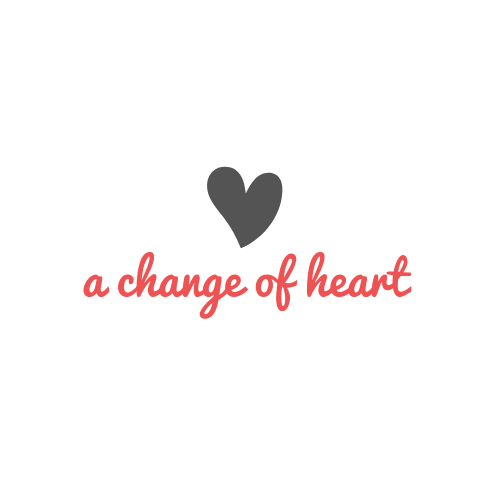Critical Care Medicine
I think that being an ICU-survivor-but-also-ICU-fellow-on-call is quite interesting.
For those of you who don’t know, a “fellowship” is essentially continued medical training in a subspecialty. I finished my residency in Emergency Medicine two months ago. (I am now an ER doctor.) I started my next “level” of medical training in Critical Care Medicine on July 1st. (I am going to also become an ICU doctor.)
I had gotten into Critical Care fellowship, initially, just a few weeks before I had gotten acutely sick in the winter of 2018. Instead of training to become an ICU doctor, I actually became an ICU patient during those weeks. It was a special type of training that not many of us doctors get, and I walked away from that experience with a whole new outlook on life (and this blog).
So fast forward to July 2020…
I decided that I wanted to continue with my medical training and pursue Critical Care Medicine. I wasn’t going to let my heart transplant stop me. I didn’t know how it was going to be. Was going back to the ICU going to give me PTSD? Flashbacks? Would I be able to handle it? Would I remember the medicine? Would I get way too emotional? And oh yeah, there was this whole new COVID thing that I had to deal with…
First and foremost, I do love it here. I love the challenge that comes with ICU medicine. I find myself studying every single night. There is so much that could go wrong with the human body. At the same time, there are so many intricate ways in which the body could slowly put itself back together, most of the time.
I feel a special connection with patients. I know how hard it is— physically and emotionally— to be stuck in these rooms. You are being watched like a hawk. Every single heartbeat is monitored. Every drop of fluid in and drop of fluid out is measured. Everything hurts. The days are all blurred together. And all you want to do is go home.
Things get confusing. Some days, you are doing better. Some days, you aren’t. Plans change. I know how frustrating that is for loved ones— even more frustrating than the patients themselves.
I high-fived a patient who had received an organ transplant the other day after a complicated course and complicated extubation. She asked why I hadn’t been at work the day before. I told her that even fellows had to sleep once in awhile. But my heart sank— she remembered, because she had been awake for some time on the vent the day before, ugh, those spontaneous awakening trials, ugh… I remembered being awake on the vent once…
Anyways…
We have had quite a few “end of life” discussions with many patients, families of patients. Unfortunately, not everyone is saved in these units. I’m learning how to have these discussions with families, as it is a major part of our training. We sometimes have to talk to patients and their families about goals of care. Really difficult discussions about “what to do next” when a patient is on a ventilator and cannot make their own decisions. What the patient would have wanted if they were here right now, we always say.
One time, I was telling my attendings and my co-fellows, “If I couldn’t walk, talk, work, exercise, go out, physically hang out with my friends and family … then my life wouldn’t mean anything!! Easy choice for me! Take me off the vent!”
And our attending said, “Yes, that may be the case for you. But perhaps for someone else— just waking up, opening their eyes and seeing the sunrise— is really all they want. And that’s okay, too.”
And that just gave me the chills.
We can’t assume that the way we want to live is always the “right” way, the “only” way to live.
And, interestingly, that became my first major life lesson in Critical Care Medicine.
Until next time, here is a lovely quote. Oliver Sacks once said:
“In examining disease, we gain wisdom about anatomy and physiology and biology. In examining the person with disease, we gain wisdom about life.”
